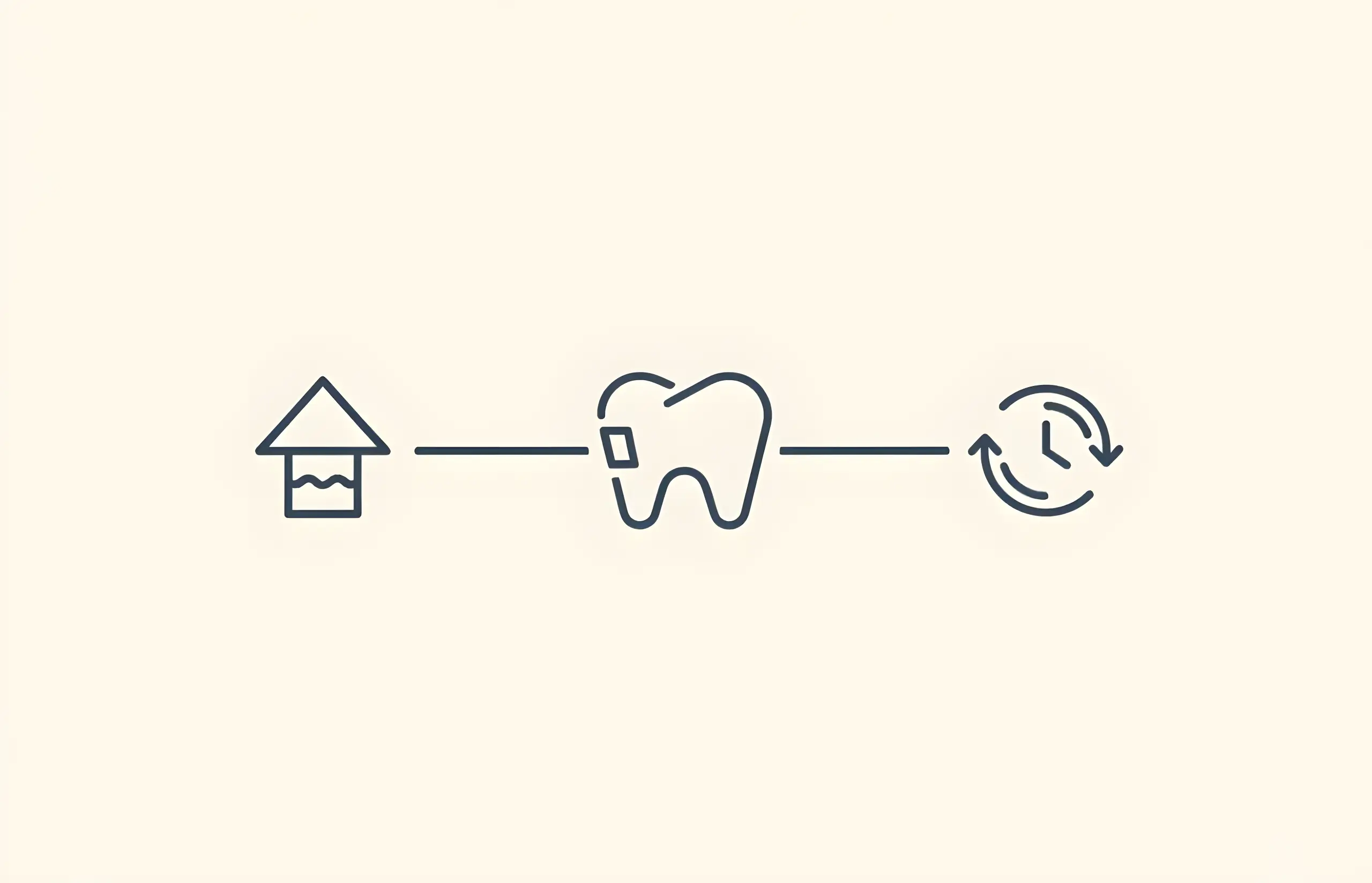Dental veneers are a fantastic way to solve a whole range of cosmetic dental problems – allowing chipped, broken, misaligned, or discoloured teeth to be completely transformed into a perfect, white, beautiful smile.
Having veneers fitted is also a less invasive and costly procedure compared to other treatments, such as dental implants, but it will still involve several visits to the dentist. Read on to find out what the process entails and how long it typically takes from start to finish.
What Does The Dental Veneer Procedure Involve?
Having dental veneers fitted involves multiple steps and will generally require three visits to your dentist.
During the initial consultation, your dentist will diagnose any dental problems you have, determine if you are a good candidate for veneers, and, if so, construct a treatment plan. Your smile will also be examined carefully, and X-rays may be taken of your mouth.
At the second appointment, your dentist will prepare your teeth to receive the veneers by removing a thin layer of enamel (typically around 0.5mm). The process of filing down teeth can be uncomfortable so some dentists will carry this out with the patient under a local anaesthetic if necessary.
Next, your dentist will apply a thick dental paste to your tooth (or teeth) and gums, then ask you to bite down onto a tray. This will provide an impression of your teeth which will be used in the construction of your new veneers.
As it can take two to three weeks for your veneers to be made, most dentists will fit a temporary veneer to protect your teeth in the meantime. These will be made from a composite material and will give you a good idea of what your new smile will eventually look like.
When your new veneers are ready, a third appointment will be made during which they will be fitted. Before the veneers are fixed in place, the dentist will place them over your teeth and make any final adjustments – this can involve the veneer being trimmed and reshaped to ensure a perfect fit.
Once they're happy with the shape and aesthetics of the veneer, the dentist will begin the bonding process. After cleaning and polishing your teeth, the dentist will apply an acid gel to their surface in a process known as etching – this creates a roughened texture which will allow for a strong bond between the tooth and veneer. The gel is washed off after less than 30 seconds, and then a powerful bonding agent is used to affix the veneer to the surface of the tooth. An ultraviolet light will then be used to harden the adhesive and ensure a strong connection.
Finally, your teeth will be cleaned and any excess bonding agent will be removed before the dentist evaluates the veneers and makes any small tweaks as required to make sure they are fitted and aligned perfectly.
You'll then be the proud owner of a beautiful new smile!
Your dentist may schedule a followup visit to ensure everything is fine and address any issues, but overall the process of having dental veneers fitted should take no more than 3 to 4 weeks.
Sources and References
-
[1]
Survival Rates for Porcelain Laminate Veneers: A Systematic ReviewInternational Journal of Dentistryhttps://pmc.ncbi.nlm.nih.gov/articles/PMC8184312/
-
[2]
The Success of Dental Veneers According To Preparation Design and Material TypeThe Open Dentistry Journalhttps://pmc.ncbi.nlm.nih.gov/articles/PMC6311473/
-
[3]
Conventional Versus Minimally Invasive Veneers: A Systematic ReviewCureushttps://pmc.ncbi.nlm.nih.gov/articles/PMC10548404/
-
[4]
Clinical Survival Rate and Laboratory Failure of Dental Veneers: A Narrative Literature ReviewDentistry Journalhttps://pmc.ncbi.nlm.nih.gov/articles/PMC11122289/
All sources accessed and verified on . Medical information reviewed for accuracy and compliance with current guidelines.
Related Articles

Alternatives to Veneers
Comprehensive guide to cosmetic dentistry alternatives to veneers, including teeth whitening, microabrasion, orthodontics, tooth recontouring, and dental bonding

Are Dental Veneers Safe?
Comprehensive guide to dental veneer safety, including risks, complications, success rates, and important considerations for this popular cosmetic procedure

Are Veneers Bad for Your Teeth?
Comprehensive guide to how veneers affect your teeth, including enamel removal, long-term effects, proper placement, and important considerations

Are Veneers Covered By Dental Insurance?
Complete guide to dental veneer insurance coverage, when veneers may be covered, costs without insurance, and other dental procedures typically covered by insurance

How Much Do Composite Veneers Cost?
A comprehensive guide to composite veneer costs, comparing prices with porcelain veneers and understanding what affects the price

Composite Veneers vs Porcelain Veneers
Comprehensive comparison of composite and porcelain veneers including costs, longevity, aesthetic results, treatment procedures, and which option is best for your smile transformation

How Much Do Dental Veneers Cost in the UK?
Comprehensive guide to dental veneers including history, materials (composite, porcelain, lithium disilicate), treatment process, costs (£200-£1000 per tooth), longevity, care instructions, and cost factors

Do Veneers Fall Off?
Comprehensive guide to veneer longevity including survival rates, causes of debonding and failure, composite vs porcelain durability, prevention strategies, and how to protect your veneers
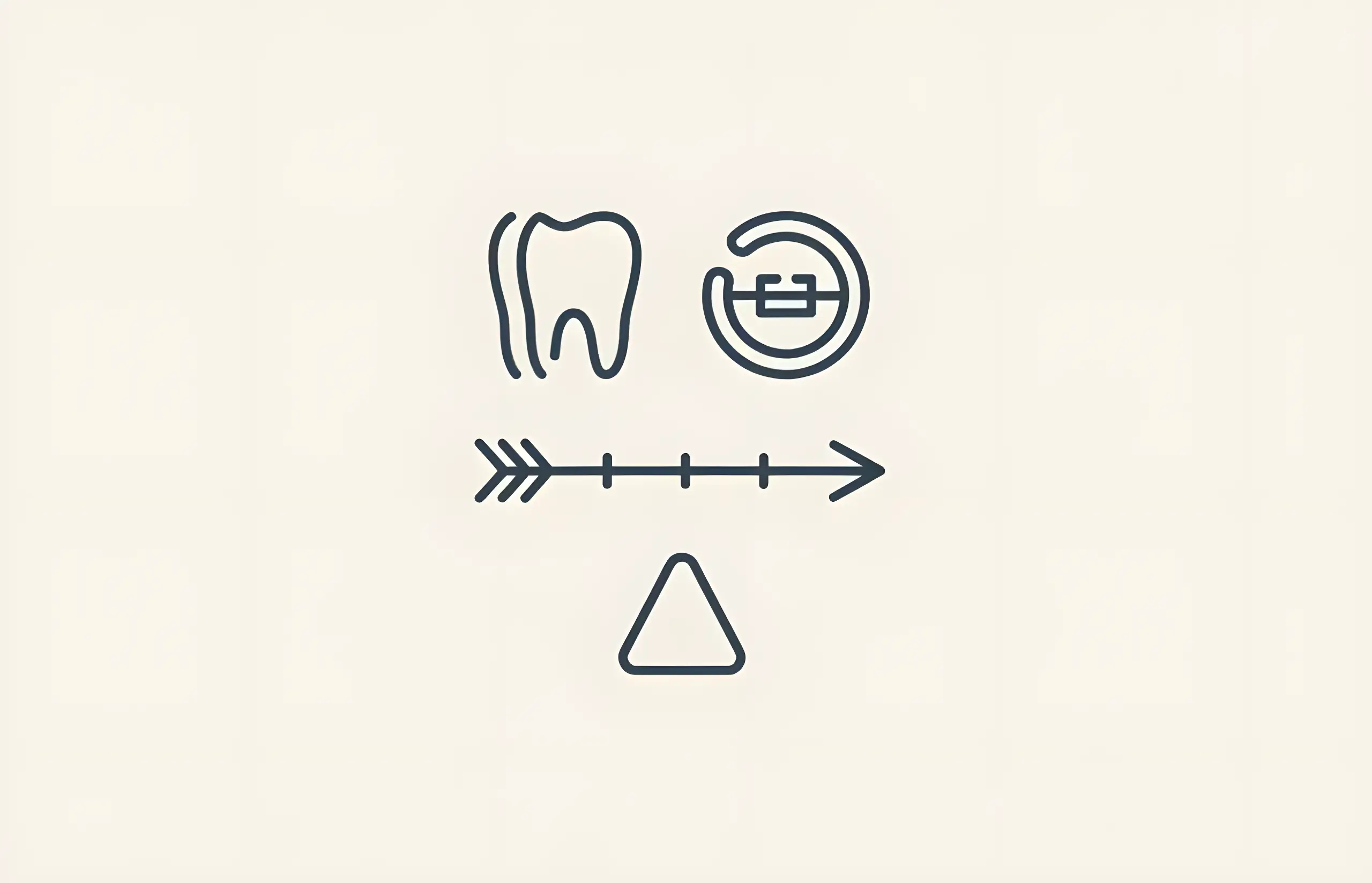
How Long Do Veneers Last?
Comprehensive guide to veneer longevity including survival rates, replacement considerations, irreversible enamel removal, color stability issues, and alternative restoration options
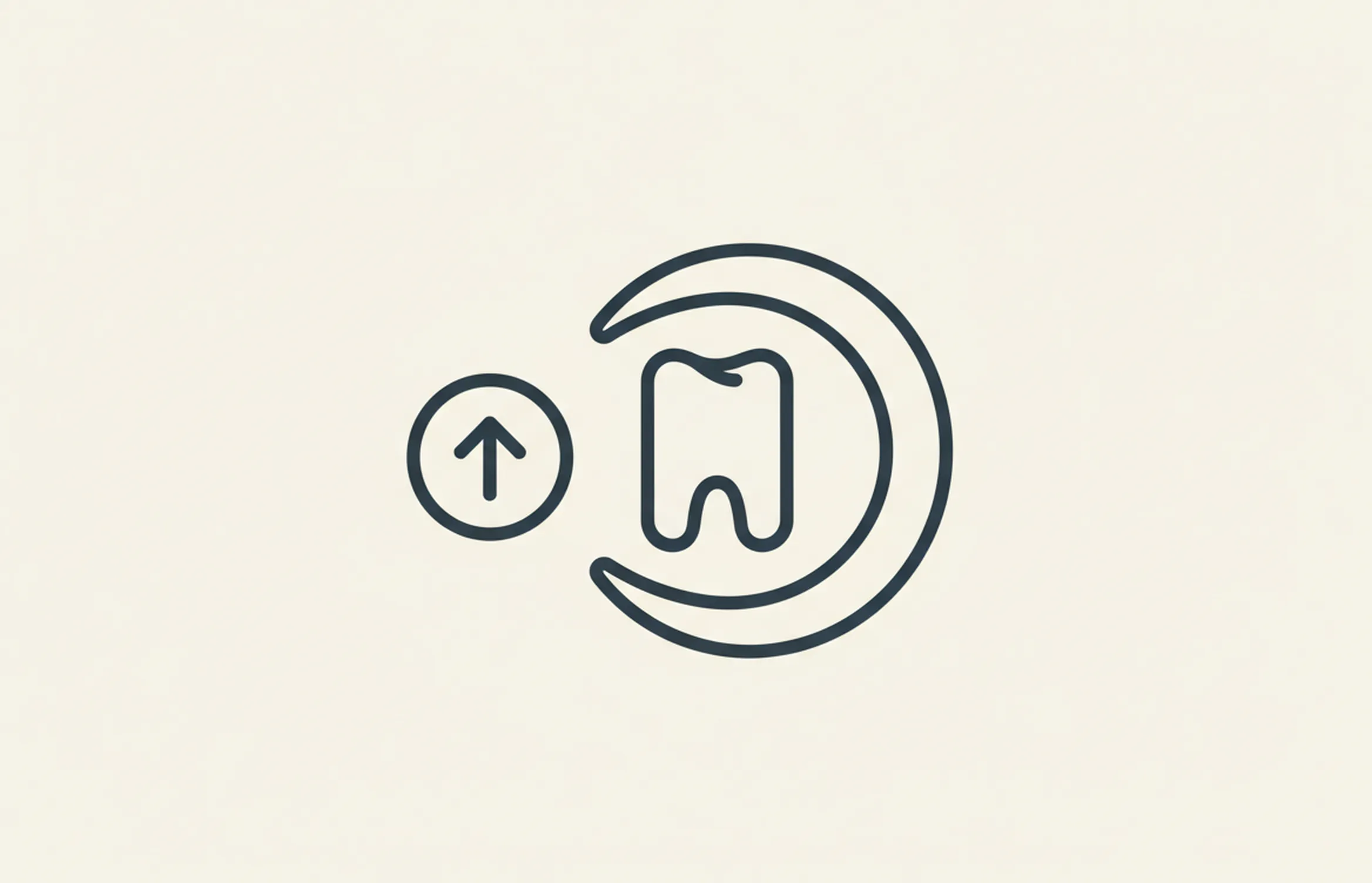
How Old Do You Have To Be To Get Veneers?
Comprehensive guide to age requirements for dental veneers, tooth development considerations, adolescent veneers, enamel bonding requirements, and factors affecting veneer candidacy

Do Porcelain Veneers Stain?
Comprehensive guide to porcelain veneers staining resistance, marginal discoloration (most common complication), color stability compared to composite, beverage effects (Coca-Cola worst, coffee second), surface roughness impact, and prevention strategies

The Pros and Cons of Veneers
Learn about the advantages and disadvantages of porcelain veneers including improved appearance, durability, stain resistance, cost, maintenance, and who is a suitable candidate
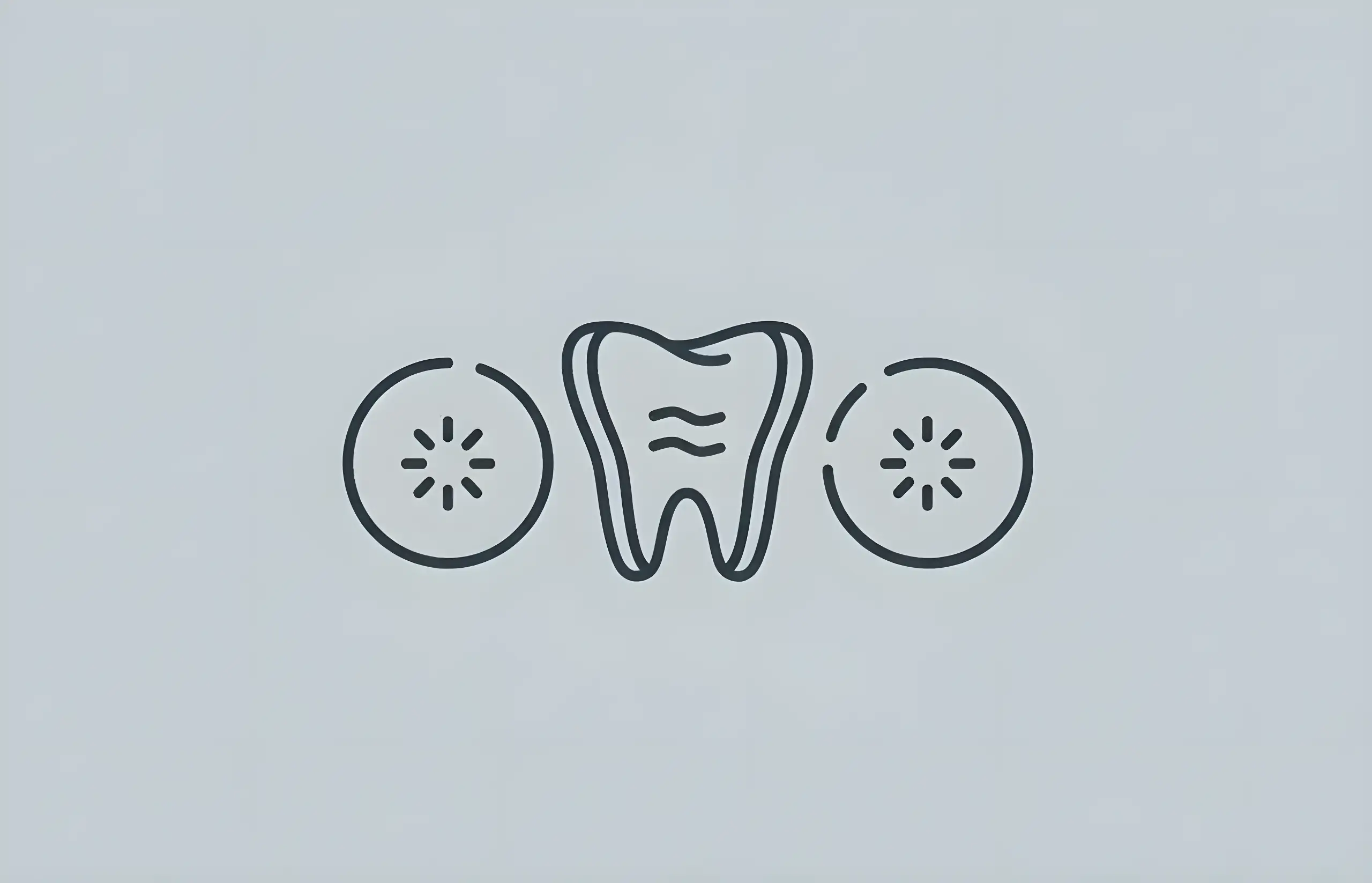
Sensitive Teeth After Veneers
Understanding causes, treatment options, and what to expect when experiencing tooth sensitivity after veneer placement

Different Types of Veneers
Comprehensive guide to veneer types including porcelain, composite, instant, and removable veneers with survival rates, costs, pros and cons, and how to choose the right option

Veneers For Front Teeth Gap
How porcelain veneers can effectively close diastema and improve your smile with a permanent, natural-looking solution

Veneers For Underbite Correction
Learn about using veneers for underbite correction including what underbites are, how veneers can help in mild cases, possible problems, and alternative treatment options

Can You Get Veneers With Crooked Teeth?
Comprehensive guide to using veneers for crooked teeth, including when they work, limitations, material options, and alternative orthodontic treatments
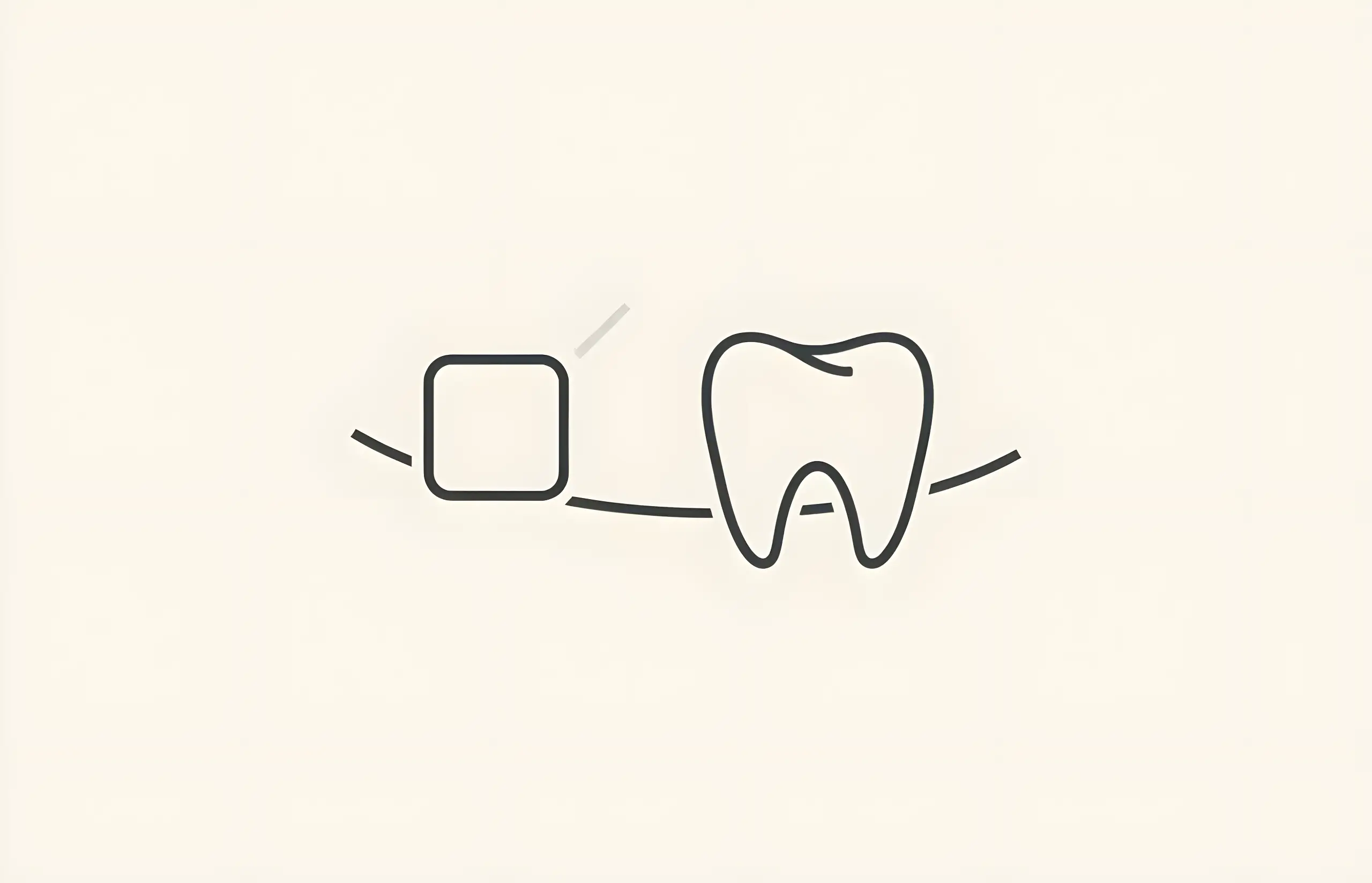
Can You Get Veneers With Missing Teeth?
Complete guide to veneers and missing teeth including why veneers cannot replace missing teeth, treatment limitations, and effective tooth replacement options
About The Dental Guide
The Dental Guide is a trusted online resource providing evidence-based information about dental health, treatments, and procedures. Our content is created and reviewed by qualified dental professionals to help you make informed decisions about your oral health.
Our Mission
- Evidence-based dental information
- Expert-reviewed content
- Clear, accessible explanations
- Latest treatment options
- Patient-focused guidance
Editorial Standards
- GDC-registered dental professionals
- Peer-reviewed sources
- Regular content updates
- Medical accuracy verification
- Transparent authorship
Important Notice
The information on The Dental Guide is for educational purposes only and should not replace professional dental advice. Always consult with a qualified dentist for diagnosis and treatment recommendations tailored to your individual needs and circumstances.
Medically Reviewed
Reviewed by Dr. Nasim Mechoui , BDS (Bristol)
Share this article
Comments & Discussion
Have questions about dental implants? Share your thoughts or experiences.
